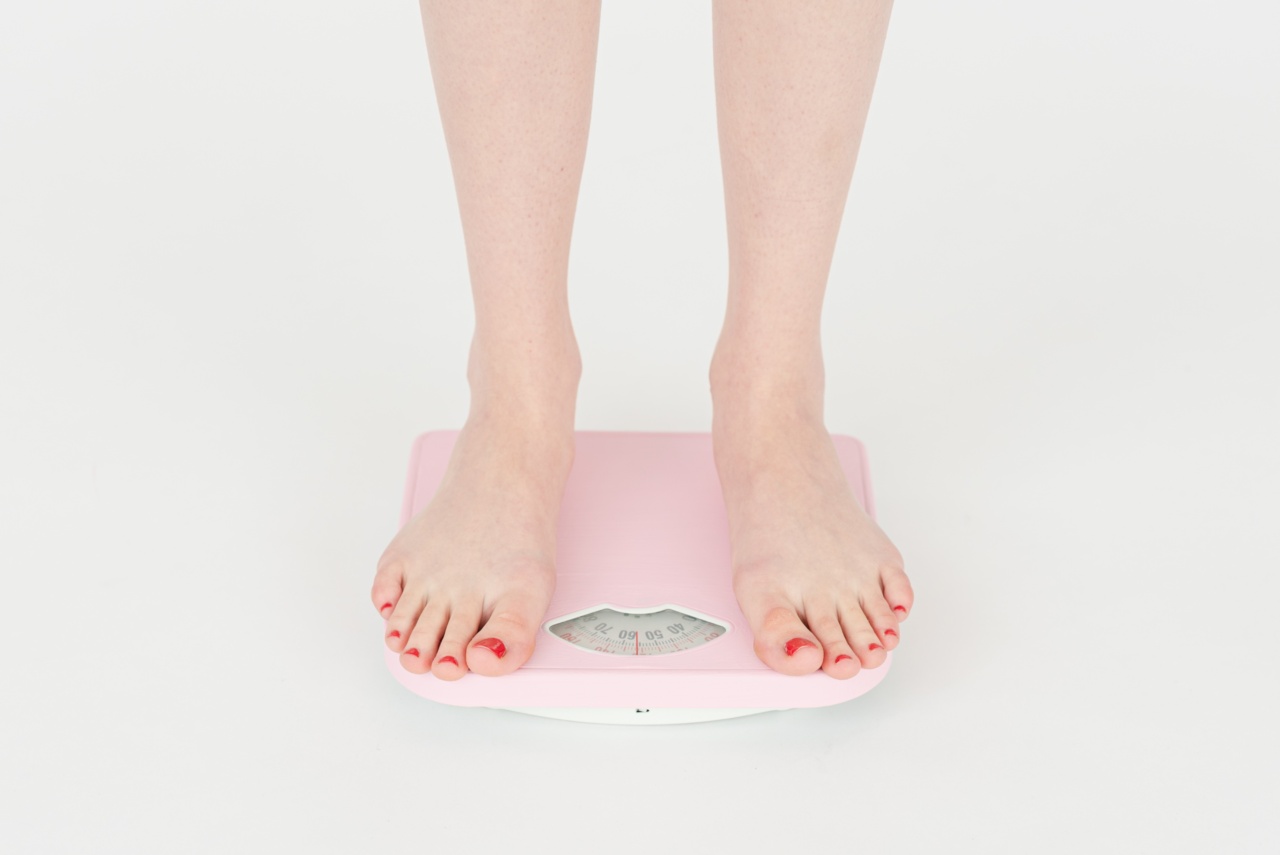Blood pressure is a major health concern for many people. High blood pressure, or hypertension, is a risk factor for a number of serious health issues, including heart disease, stroke, and kidney disease.
While medication can be effective in controlling blood pressure, lifestyle changes like the Mediterranean diet and exercise can also play a significant role in managing hypertension.
What is the Mediterranean Diet?
The Mediterranean diet is based on the traditional eating patterns of people in Mediterranean countries like Greece, Italy, and Spain.
It is a plant-based diet that emphasizes vegetables, fruits, whole grains, legumes, and nuts, with moderate amounts of fish, poultry, and dairy, and very little red meat. Olive oil is the main source of fat in the Mediterranean diet, and herbs and spices are used for flavor in place of salt. Red wine is also consumed in moderation with meals.
Why is the Mediterranean Diet Good for Blood Pressure?
The Mediterranean diet is rich in nutrients that are known to help lower blood pressure, such as potassium, calcium, and magnesium.
It also encourages a balanced intake of healthy fats, like those found in olive oil, which have been shown to help reduce inflammation and improve endothelial function, both of which are important for maintaining healthy blood vessels.
In addition to the specific nutrients found in the Mediterranean diet, the overall eating pattern is also beneficial for blood pressure.
The diet emphasizes whole, unprocessed foods and limits highly processed foods and added sugars, which are known to contribute to high blood pressure.
How Can You Adopt the Mediterranean Diet?
Adopting the Mediterranean diet doesn’t have to be difficult. Start by incorporating more plant-based foods and healthy fats into your diet, and reducing your intake of red meat and processed foods.
Swap out butter for olive oil, and season your food with herbs and spices instead of salt. Enjoy a piece of fruit for dessert instead of a sugary treat.
Here are some specific tips for adopting the Mediterranean diet:.
- Eat plenty of fruits and vegetables: Aim for at least five servings of fruits and vegetables per day. Choose a variety of colors to ensure that you are getting a range of nutrients.
- Choose whole grains: Replace refined grains like white bread and pasta with whole grains like brown rice and quinoa.
- Include healthy fats: Choose olive oil, nuts, and seeds instead of butter and margarine. Use these healthy fats in moderation, as they are high in calories.
- Eat fish and poultry: Aim for two servings of fish per week, and choose lean cuts of poultry.
- Limit red meat: Red meat should be consumed in moderation, if at all.
- Reduce your intake of processed foods: Avoid packaged snacks and baked goods, which are often loaded with added sugars and unhealthy fats.
- Limit added sugars: Choose naturally sweet foods like fruit to satisfy your sweet tooth, and limit added sugars in your diet.
Exercise and Blood Pressure
In addition to the Mediterranean diet, exercise is another important tool for managing blood pressure. Regular physical activity can help improve endothelial function, reduce inflammation, and lower blood pressure.
The American Heart Association recommends at least 150 minutes of moderate-intensity aerobic exercise per week, or 75 minutes of vigorous-intensity aerobic exercise per week, along with muscle-strengthening exercises at least two days per week.
Some examples of moderate-intensity aerobic exercise include:.
- Brisk walking
- Bicycling
- Swimming
- Dancing
- Gardening
Vigorous-intensity aerobic exercise includes activities such as running, hiking uphill, and playing sports like soccer or basketball. If you are new to exercise, start slowly and gradually build up your intensity and duration over time.
Always talk to your doctor before starting a new exercise program.
Combining Diet and Exercise for Better Blood Pressure
The Mediterranean diet and exercise are two powerful tools for managing blood pressure. Combining both can have an even greater impact on blood pressure levels and overall health.
Studies have shown that individuals who follow the Mediterranean diet and engage in regular exercise have significantly lower blood pressure levels than those who do not.
While medication can be an important part of managing blood pressure, lifestyle changes like the Mediterranean diet and exercise are key to long-term success.
By making small changes to your diet and exercise routine, you can take control of your blood pressure and improve your overall health.






























